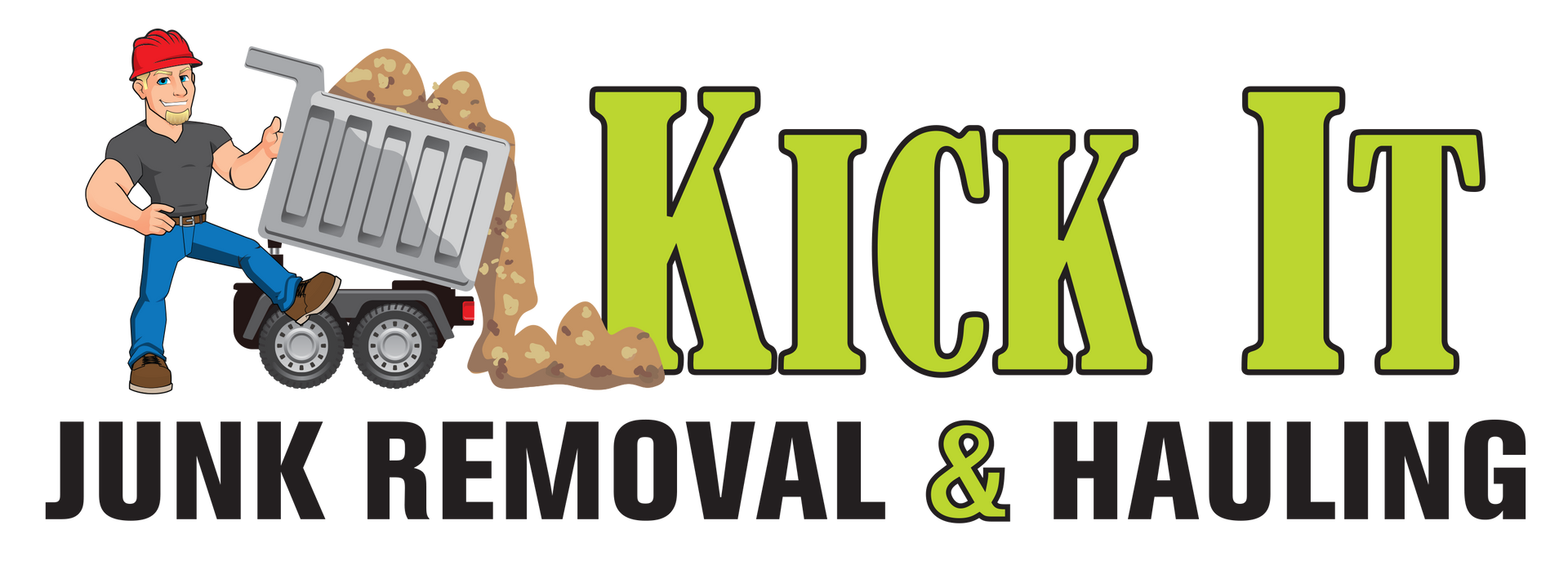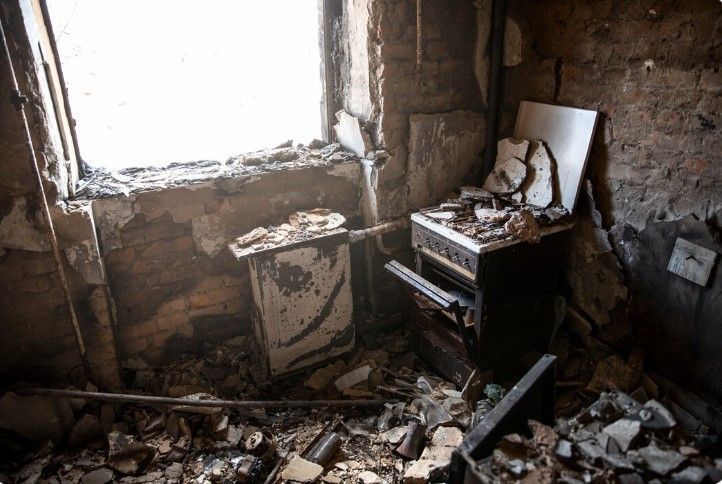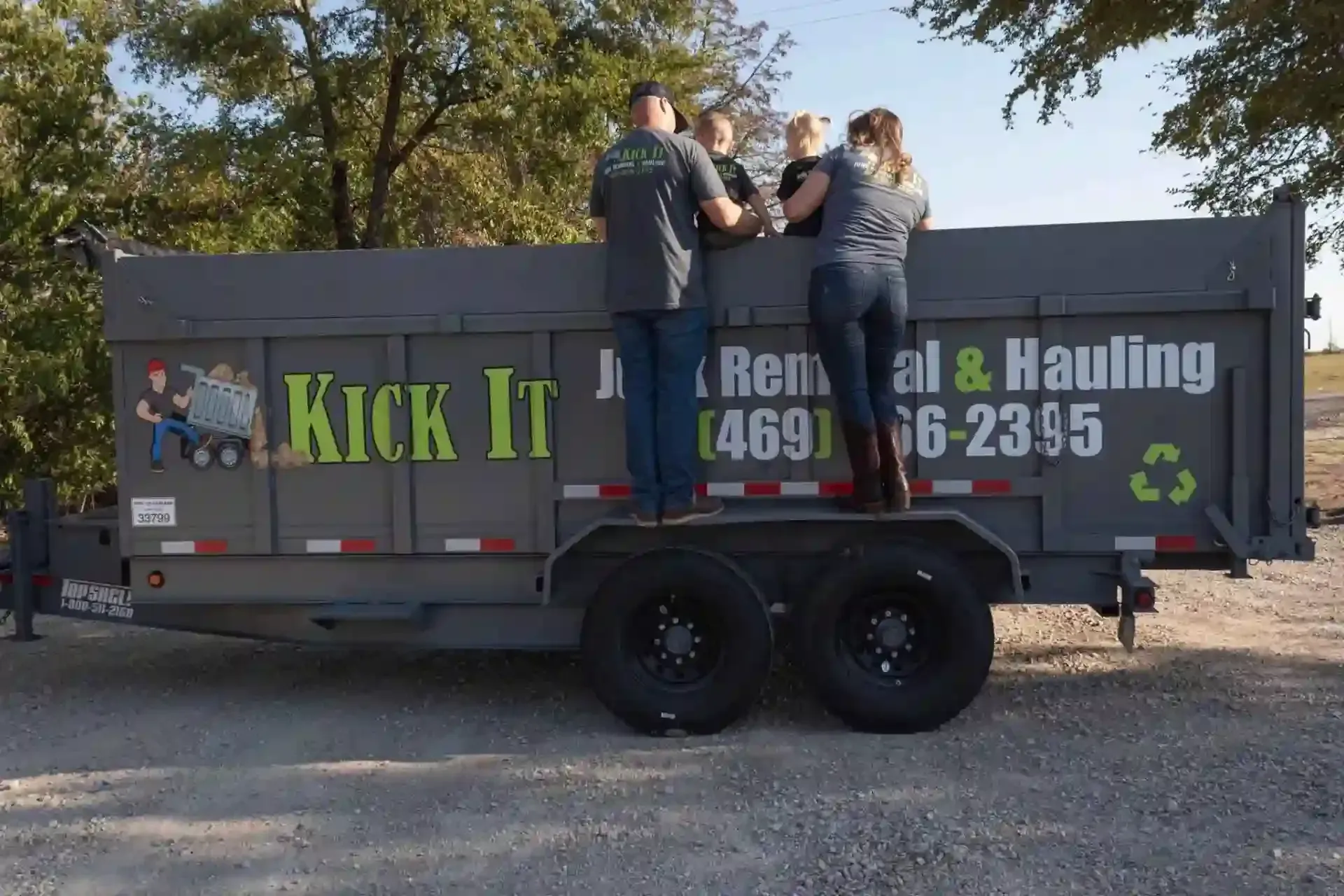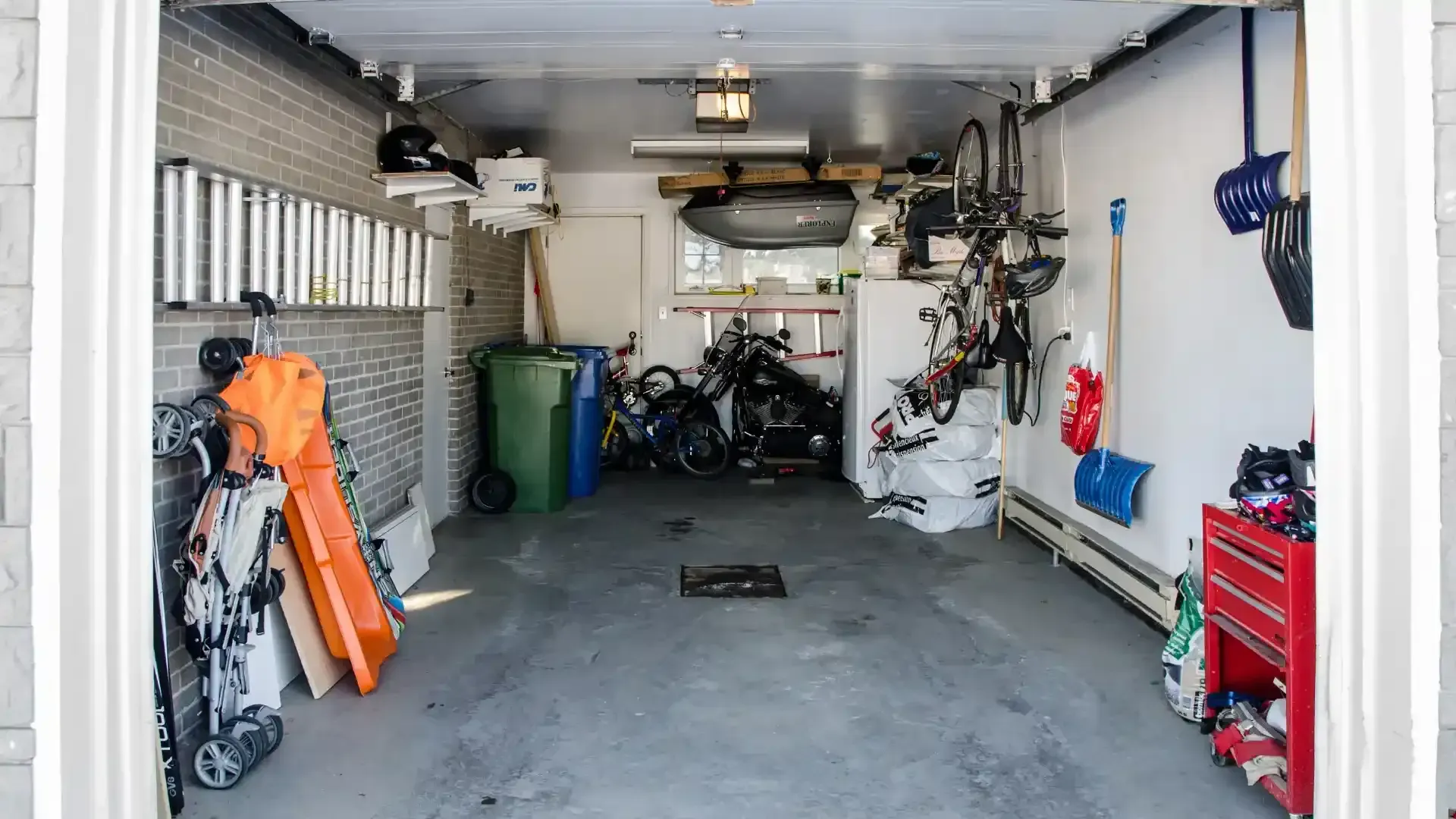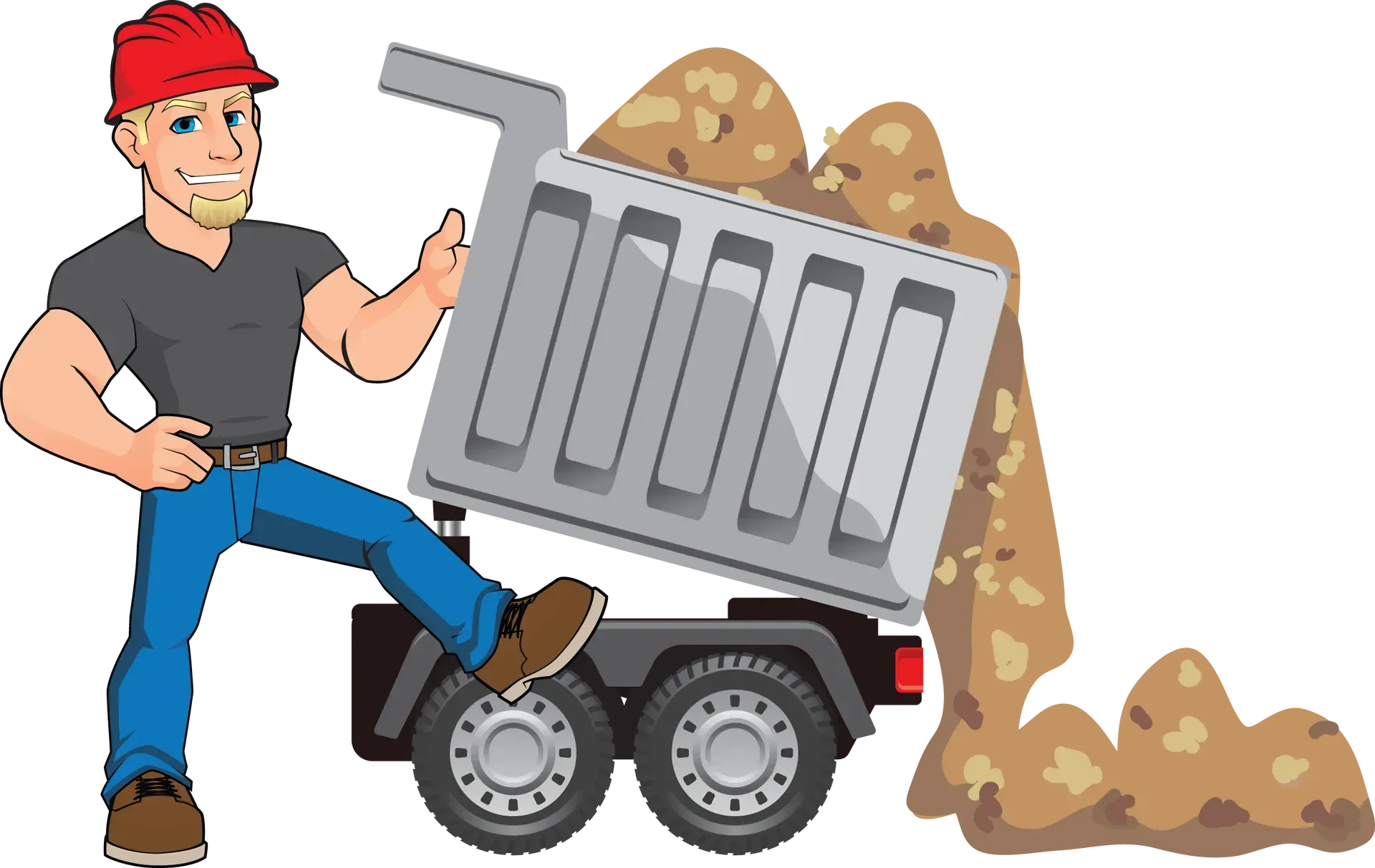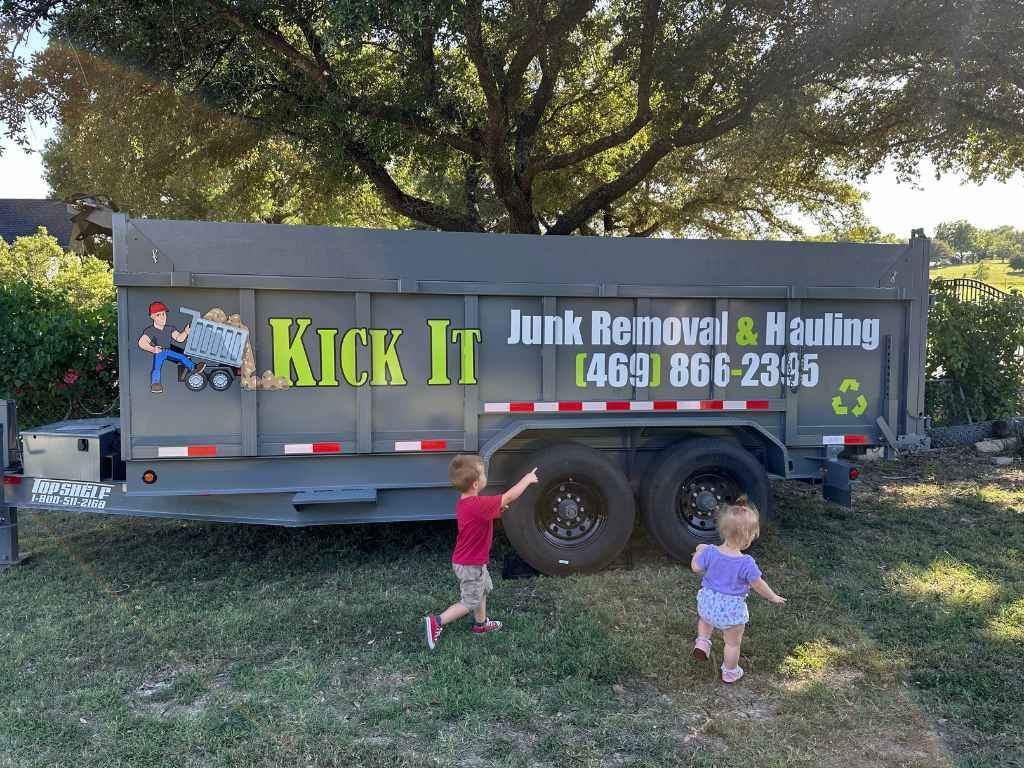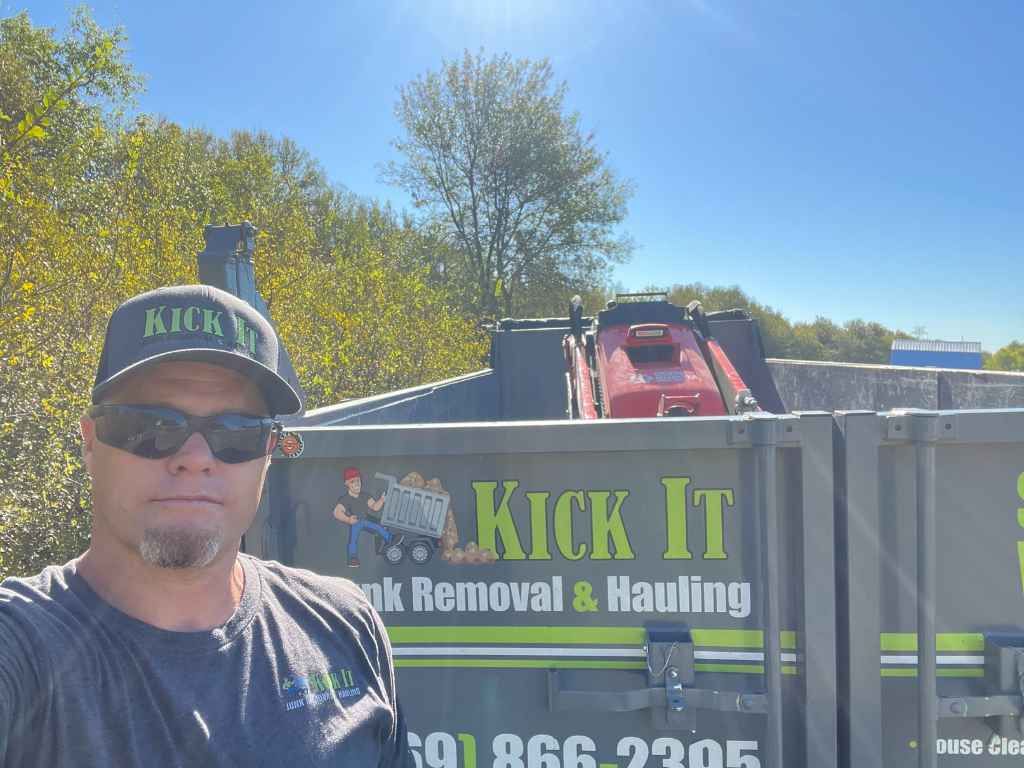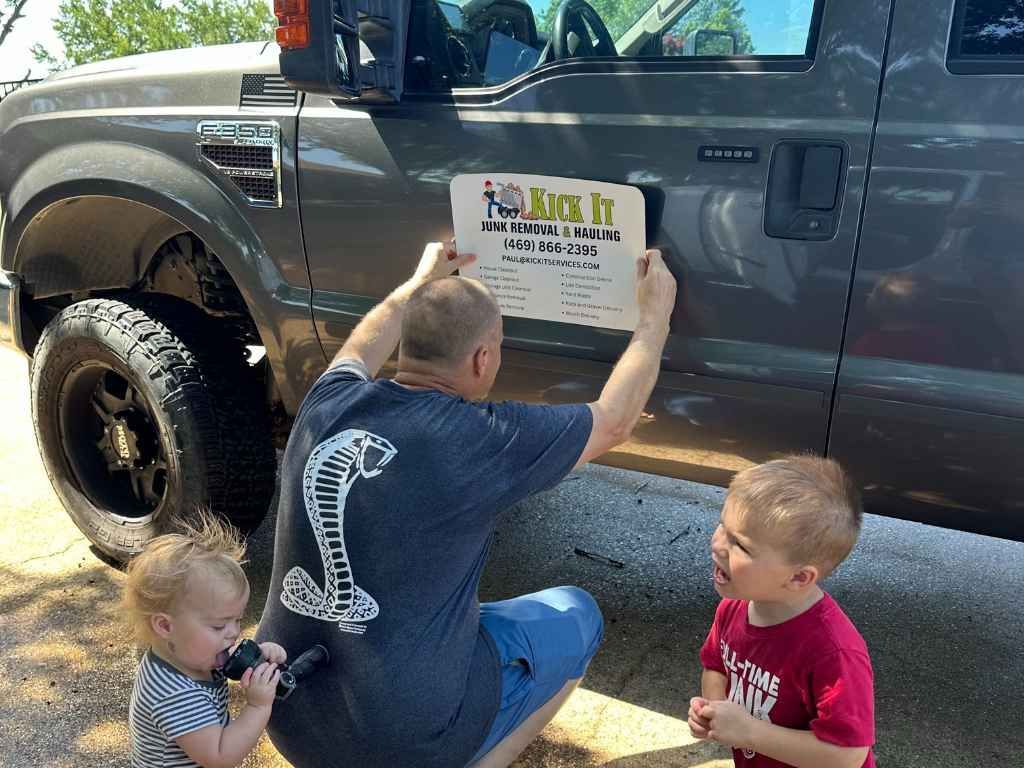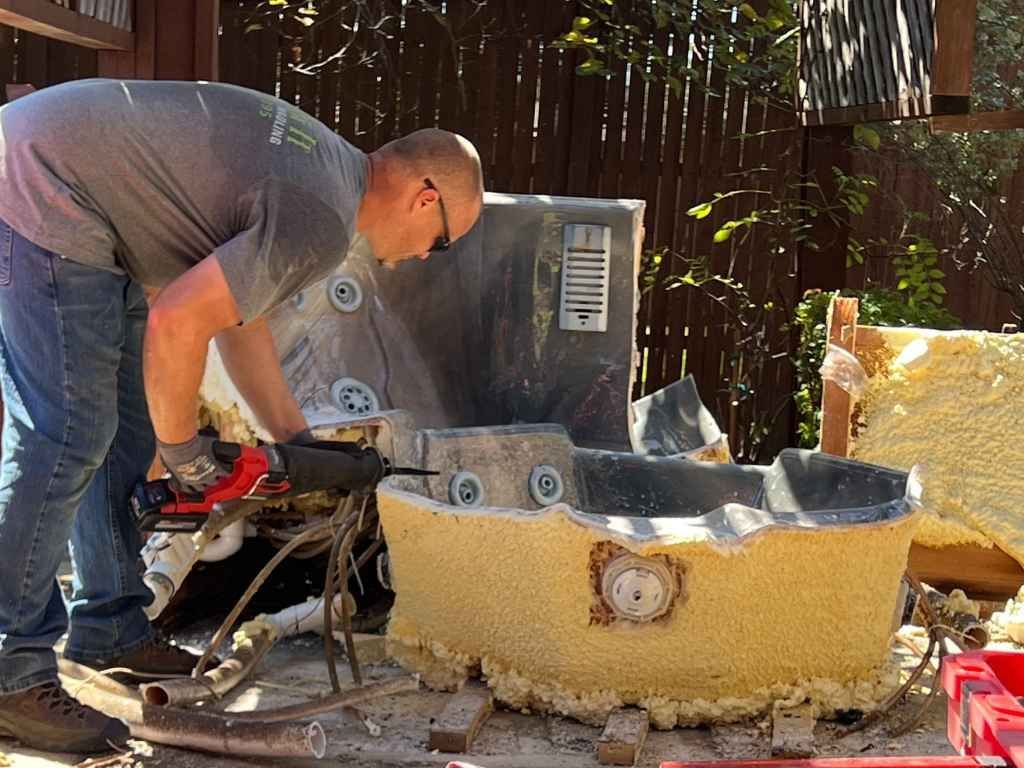How to Safely Dispose of Old Restaurant Equipment
When a restaurant closes down, undergoes a renovation, or upgrades its equipment, there's often one big question on every owner's mind: what do I do with all the old equipment? Disposing of old restaurant equipment isn't as simple as tossing it out with the trash. Proper disposal involves considering environmental factors, safety regulations, and the costs associated with handling large items like ovens, refrigerators, dishwashers, and sinks.
Understanding how to safely dispose of restaurant equipment is essential not only to avoid legal trouble but also to make sure you're acting responsibly in terms of the environment. Here’s a guide that will take you step-by-step through the process, ensuring you manage your old equipment efficiently and safely.
Why You Can’t Just Throw Out Old Restaurant Equipment
Before diving into the specifics of how to dispose of your old kitchen equipment, it’s crucial to understand the implications of improper disposal. Many items in a restaurant are either too large, heavy, or hazardous to be discarded in the same way you'd throw out other household items. This includes equipment made of materials like steel or aluminum, which can be difficult to recycle, or appliances containing chemicals like refrigerants.
Also, large appliances like refrigerators or freezers often contain CFCs (chlorofluorocarbons), which are harmful to the environment. Simply throwing these appliances into a landfill can lead to environmental degradation, as these substances can leak out into the earth, water, and air. In addition, some restaurant equipment may contain oils or other substances that require specialized disposal methods.
Many kitchen appliances, such as fridges and freezers, contain hazardous chemicals like refrigerants or CFCs that can harm the environment.
Metal parts in restaurant equipment may be difficult to recycle, making improper disposal wasteful and harmful.
Step-by-Step Guide to Safely Dispose of Old Restaurant Equipment
1. Assess the Condition of Your Equipment
The first step in the process is to determine the condition of the equipment you're disposing of. Is it still in working condition, or has it been broken down and left collecting dust for years? If the equipment is still functioning, you have a variety of options available to you.
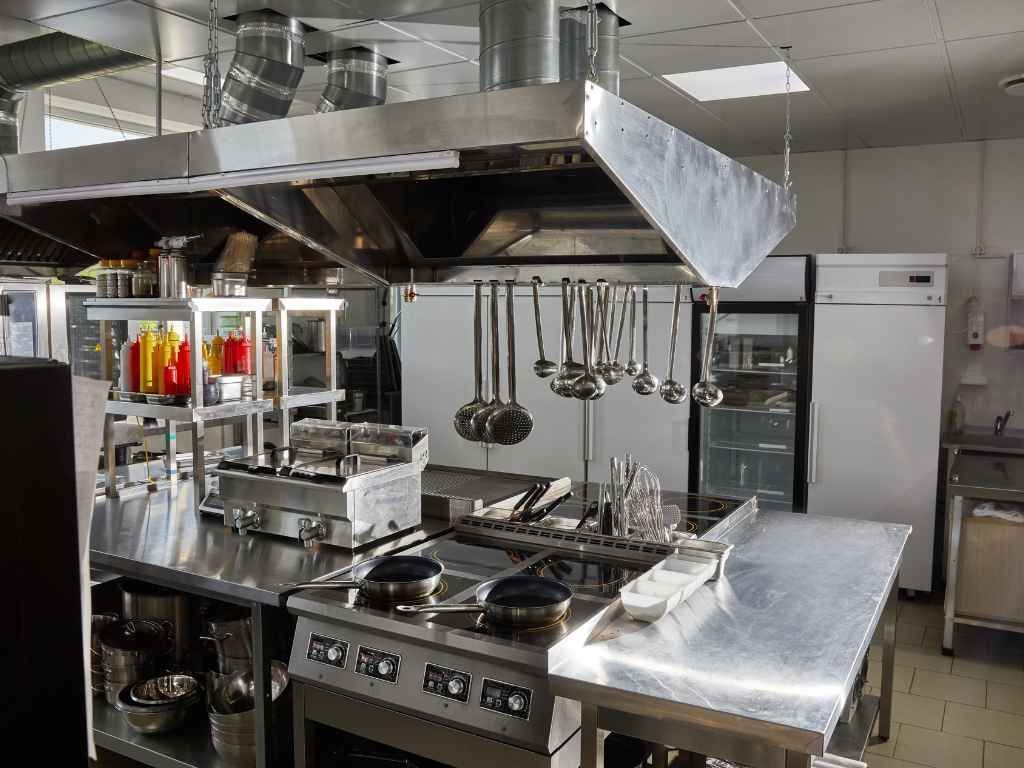
2. Consider Donating or Selling Usable Equipment
If your restaurant equipment is still in decent working condition, consider donating or selling it to someone who might still get some use out of it. Many restaurants, schools, and nonprofits are in need of kitchen equipment but may not have the funds to purchase new items. Donating old equipment to a local charity is a great way to give back to the community while keeping your kitchen space clutter-free.
Alternatively, if you prefer to sell the equipment, online marketplaces like Craigslist or eBay can be excellent places to find buyers. Local business listings or auctions might also help you offload kitchen equipment to other restaurant owners or small businesses.
3. Contact a Professional Junk Removal Service
When your old equipment is beyond saving, and you need to dispose of it properly, your next step should be to contact a professional junk removal service. Junk removal companies specialize in hauling away large, bulky items that are difficult to manage on your own. They have the expertise and tools needed to handle and remove equipment safely and responsibly. They also know local regulations for proper disposal, helping you avoid any legal or environmental issues.
Professional junk removal services can help you dispose of everything from ovens and fryers to commercial refrigerators and dishwashers. These companies will either recycle the equipment or dispose of it in the most environmentally friendly way possible, ensuring that it doesn’t end up in a landfill unnecessarily. Additionally, some junk removal services specialize in donating reusable items, which means that your old equipment could end up in a new home.
4. Scrap Metal Recycling
Many pieces of restaurant equipment are made from metal, whether it’s stainless steel, aluminum, or other materials. Metal is one of the most recyclable materials, making it an excellent candidate for scrap metal recycling. In fact, scrap metal recycling is one of the most eco-friendly ways to dispose of old kitchen equipment, as it reduces the need to mine for new metals and helps cut down on energy use.
If your equipment consists mainly of metal parts, consider contacting a scrap metal recycling facility in your area. They can help break down large items and sort out reusable metals for repurposing. Many facilities will even offer to pick up large appliances from your restaurant for free or at a minimal cost.
5. Hire a Specialized Equipment Disposal Service
Some restaurant equipment might require more specialized disposal services, especially if it contains harmful chemicals or materials that cannot simply be recycled or disposed of in a landfill. For example, refrigerators, air conditioning units, and freezers often contain refrigerants like CFCs or HCFCs, which require a certified professional to safely remove and dispose of them.
Hiring a specialized disposal service is crucial for compliance with both federal and state environmental regulations. These services will not only handle your equipment safely but will also provide the necessary paperwork to ensure that you are legally covered.
6. Hire a Demolition Contractor for Large Renovations
In cases where you are completely renovating your kitchen or restaurant space, it might be necessary to hire a demolition contractor. These contractors have experience removing heavy kitchen equipment and appliances, particularly when it comes to equipment that is built into your kitchen, such as large hoods or stoves that cannot be easily removed by your restaurant staff.
Demolition contractors will handle all the equipment removal, ensuring it is disposed of properly. They are also able to safely break down any structures and ensure the space is clear for renovation. As with junk removal services, demolition companies will either recycle or dispose of the equipment in accordance with safety standards.
7. Ensure Proper Disposal of Hazardous Materials
As you dispose of your restaurant equipment, it’s important to pay attention to any hazardous materials that could be present. Commercial kitchen equipment may contain substances like oils, cleaning agents, or other chemicals that must be disposed of in a safe, regulated manner. For instance, used cooking oil must be discarded in a way that prevents contamination of the environment.
Some junk removal services or specialized disposal companies will handle these materials. If you’re handling this yourself, make sure to research local disposal guidelines for hazardous waste. Be sure to segregate the hazardous materials from other trash and properly label the containers for pickup.
8. Look into Recycling Programs
Some manufacturers offer recycling programs specifically for restaurant equipment. Many brands have agreements with recycling facilities where their products can be returned for proper recycling. If your equipment is from a specific brand, check with the manufacturer to see if they offer a take-back program or a recycling partnership. This not only helps ensure that the materials are recycled appropriately, but it may also save you money in disposal costs.
9. Keep Safety in Mind
Throughout the entire disposal process, always prioritize safety. Whether you're handling the equipment yourself or hiring a junk removal service, ensure that all safety protocols are followed. For example, make sure that electrical equipment is disconnected and that sharp parts are safely handled. In many cases, old restaurant equipment may have frayed cords, exposed metal, or sharp edges that can cause injury. Don’t hesitate to use protective gear, such as gloves, eye protection, and steel-toed boots, to avoid accidents.
10. Check Local Laws and Regulations
Before you proceed with the disposal of your old restaurant equipment, familiarize yourself with local laws and regulations regarding commercial waste disposal. Different areas have specific rules regarding what can and can’t be disposed of in landfills, as well as requirements for recycling. Failing to comply with these regulations can result in hefty fines or other legal consequences.
Make sure that any service you hire is well-versed in local waste management laws to ensure everything is handled in accordance with local guidelines.
Responsible Ways to Dispose of Old Restaurant Equipment
When it’s time to get rid of your restaurant equipment, it’s important to think beyond simply throwing it away. Whether upgrading, closing down, or renovating, there are sustainable and legally-compliant ways to dispose of old kitchen tools and appliances. Proper disposal can involve donating usable items, selling them to others, or recycling metal components. By following these methods, you can reduce waste and minimize your impact on the environment while adhering to disposal regulations.
Additionally, some equipment requires special handling, especially when it comes to appliances that contain hazardous substances such as refrigerants. Hiring professionals who specialize in the disposal of restaurant equipment ensures that it’s done safely and in line with local environmental laws. Opting for these responsible practices not only helps you clear out your space but also helps avoid hefty fines and contributes to a greener planet.
Conclusion
Disposing of old restaurant equipment may seem like a daunting task, but with the right approach, it can be an easy and eco-friendly process. Whether you decide to donate, sell, recycle, or call in professional services, there are multiple ways to responsibly dispose of your old equipment. By ensuring that your equipment is either repurposed, recycled, or disposed of in an environmentally responsible manner, you can contribute to a greener planet while also protecting your business from potential legal issues.
If you're looking for assistance in getting rid of your old restaurant equipment, consider reaching out to Kick It Junk Removal & Hauling. Located at 14339 Stanley Lane, Forney, Texas 75126, they offer efficient and environmentally-friendly equipment removal services. To learn more or schedule a pickup, contact Paul at 469-866-2395 or send an email to Paul@kickitservices.com.
